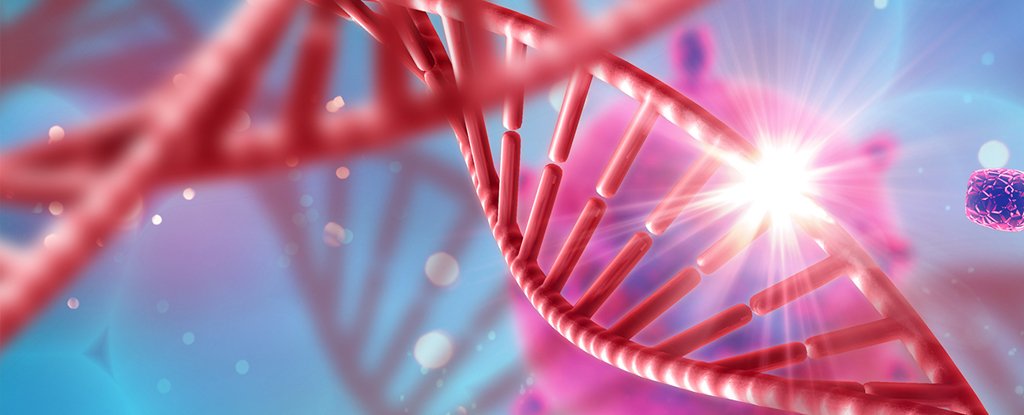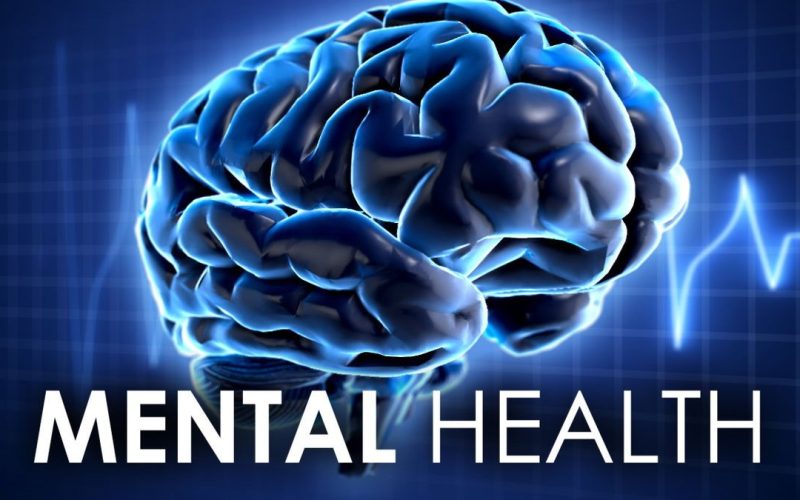In recent years, the field of mental health treatment has been undergoing a transformative shift, driven by groundbreaking research in the field of epigenetics. This innovative scientific discipline is shedding light on the intricate ways in which our genes and environment interact, opening new avenues for personalized mental health treatments. By understanding how epigenetic mechanisms influence mental health, researchers and clinicians are developing more effective, tailored interventions that promise to revolutionize the way we approach mental health care.
Understanding Epigenetics
Epigenetics refers to the study of changes in gene expression that do not involve alterations to the underlying DNA sequence. Instead, these changes are influenced by various environmental factors, including diet, stress, and exposure to toxins, which can modify gene activity through chemical tags that attach to DNA or histone proteins. These modifications can turn genes on or off, affecting how cells function and ultimately influencing an individual’s physical and mental health.
Unlike genetic mutations, which are permanent alterations in the DNA sequence, epigenetic changes are reversible and dynamic. This plasticity offers a promising avenue for developing treatments that can target and modify these changes, potentially reversing or mitigating the effects of mental health disorders.
The Epigenetic Influence on Mental Health
Mental health disorders, such as depression, anxiety, schizophrenia, and bipolar disorder, are complex conditions influenced by a combination of genetic, environmental, and lifestyle factors. Traditional approaches to mental health treatment have often relied on a one-size-fits-all model, primarily focusing on symptom management through medication and psychotherapy. However, these methods do not always address the underlying causes of mental health disorders, leading to varied treatment outcomes.
Epigenetics provides a new lens through which to view mental health, offering insights into how environmental factors can trigger or exacerbate these conditions. For example, chronic stress has been shown to induce epigenetic changes that affect the expression of genes related to mood regulation, potentially contributing to the development of depression or anxiety. Understanding these mechanisms allows researchers to identify biomarkers that can predict an individual’s susceptibility to mental health disorders and their likely response to specific treatments.

Personalized Mental Health Treatments
The integration of epigenetics into mental health care is paving the way for personalized treatments that are tailored to an individual’s unique genetic and epigenetic profile. This approach, often referred to as precision psychiatry, aims to move beyond the trial-and-error methods of traditional treatment by providing targeted interventions that address the root causes of mental health disorders.
1. Biomarker Identification and Risk Assessment
One of the key applications of epigenetics in mental health is the identification of biomarkers that can help predict an individual’s risk of developing a particular disorder. By analyzing epigenetic markers in blood or saliva samples, researchers can assess an individual’s vulnerability to conditions like depression or PTSD, allowing for early intervention and prevention strategies.
2. Tailored Pharmacological Interventions
Epigenetic research is also informing the development of new pharmacological treatments that target specific epigenetic modifications. These drugs, known as epigenetic modulators, can potentially reverse harmful epigenetic changes associated with mental health disorders. For instance, certain compounds are being investigated for their ability to modify histone acetylation, a process that can influence gene expression linked to mood regulation and cognitive function.
3. Psychotherapy and Lifestyle Interventions
In addition to pharmacological approaches, epigenetics is enhancing the efficacy of psychotherapeutic and lifestyle interventions. Techniques such as cognitive-behavioral therapy (CBT) and mindfulness practices have been shown to induce positive epigenetic changes, promoting resilience and mental well-being. By understanding an individual’s epigenetic profile, therapists can tailor these interventions to maximize their effectiveness.
Challenges and Future Directions
While the potential of epigenetics in shaping personalized mental health treatments is immense, there are several challenges that must be addressed to fully realize its benefits. One major challenge is the complexity of the epigenome, which varies significantly between individuals and even within different tissues of the same person. This complexity makes it difficult to pinpoint specific epigenetic changes that are directly linked to mental health disorders.
Additionally, ethical considerations must be taken into account when utilizing epigenetic information for treatment purposes. Concerns about privacy, consent, and the potential for genetic discrimination must be carefully navigated to ensure that advances in epigenetic research are used responsibly and equitably.
Despite these challenges, the future of epigenetics in mental health treatment is promising. As our understanding of the epigenome deepens, we can expect to see more precise diagnostic tools, targeted therapies, and preventive strategies that address the unique needs of each individual.
Conclusion
Epigenetics is revolutionizing the field of mental health treatment by providing a deeper understanding of the complex interplay between genes and the environment. By harnessing this knowledge, researchers and clinicians are developing personalized interventions that hold the potential to improve treatment outcomes and enhance the quality of life for individuals with mental health disorders. As we continue to unravel the mysteries of the epigenome, the promise of precision psychiatry becomes ever more attainable, offering hope for a future where mental health care is as individualized and dynamic as the human mind itself.










